Montana is on its way to becoming the first U.S. state to completely ban TikTok, which has drawn outrage from industry experts and civil rights groups who accuse the policy of being unenforceable and violating constitutional rights.
Montana legislators passed a bill last week banning TikTok on all personal devices, prohibiting it from operating within the state and barring app stores from offering for download the video-sharing platform owned by Beijing-based ByteDance Ltd.
The bill is awaiting Republican Governor Greg Gianforte's signature to become law. In December, Gianforte claimed TikTok posed a "significant threat" to state security and data privacy and banned the social media app from state government devices.
If the ban, which would take effect in January 2024, were enacted, app stores and TikTok would face a fine of $10,000 per day for allowing people in the state to download it.
The bill doesn't specify how the state would enforce or monitor the ban. Even if it becomes a law, experts said, technically it would be difficult or perhaps impossible to implement.
Bruce Schneier, a fellow and lecturer at Harvard's Kennedy School, told The Atlantic magazine that the move isn't feasible because the U.S. internet isn't constructed in such a way that a ban like the one Montana legislators passed could be realistically implemented.
Calling the bill "technically stupid", Tarah Wheeler, CEO of the cybersecurity firm Red Queen Dynamics and a senior fellow at the Council on Foreign Relations, explained to The Atlantic that the internet doesn't recognize the state of Montana, making it impossible to geofence in any meaningful, legally enforceable way.
TikTok users could disguise their location to maintain access to the app, said critics of the legislation, so the ban won't have real world consequences but only political ramifications.
Should the bill become law, it is likely to be challenged in court. TikTok spokesperson Brooke Oberwetter said in a statement that "this egregious government overreach" threatens the First Amendment rights of TikTok users and creators in Montana and the company will "continue to fight" for them.
Montana's ban violates the First Amendment by restricting Americans' ability to share and receive constitutionally protected speech online, said the tech industry group NetChoice in a statement.
"Banning access on privately bought and privately owned devices is an extraordinary exercise of government power — and it's an unjustified and unconstitutional means to protecting national security," said Carl Szabo, vice-president and general counsel of NetChoice.
The ban also sets a dangerous precedent that the government can ban any business it doesn't like without clear evidence of wrongdoing, said Szabo.
"The Constitution clearly forbids lawmakers from passing laws that punish specific individuals or businesses and bans Americans from accessing constitutionally protected speech," he said. "Governor Greg Gianforte should veto this plainly unconstitutional bill."
The American Civil Liberties Union led a coalition of rights groups that sent a joint letter to Montana legislators, claiming that the ban is unjustified on national security grounds.
"The government cannot impose a total ban on a communications platform like TikTok unless it is necessary to prevent extremely serious, immediate harm to national security," said the groups in the letter.
"But there's no public evidence of harm that would meet the high bar set by the U.S. and Montana constitutions, and a total ban would not be the only option for addressing such harm if it did exist," it continued.
To Naomi Wilson, vice-president of Asia policy at the Information Technology Industry Council, banning TikTok on national security grounds is more of a show than a serious legislation about problems that aren't exclusive to TikTok.
"I come from a national security background; we tend to think in terms of risk mitigation — know what is the risk of something catastrophic happening and what is the consequence. I do not see a very clear articulation of the risk versus consequence coming from Congress in this case," Wilson said at a recent webinar, referring to the congressional hearing on TikTok last month.
"If the U.S. government sees that clear national security threat, then they should be able to articulate what that threat is," she said.
"We've heard a lot of examples of issues, such as propaganda, influence of elections, and impacts on children and minors, and none of those seem exclusive or specific to TikTok," said Wilson.
"I think that the members of the House panel only served to ramp up potential for racism," she said.
Agencies contributed to this story.
















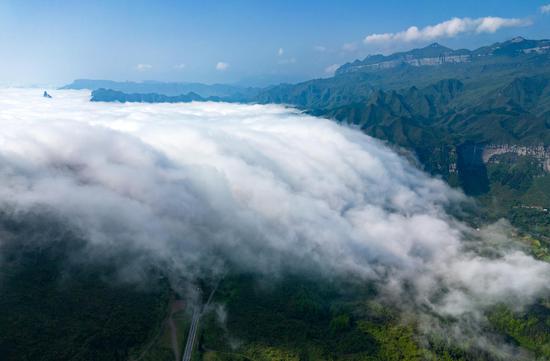
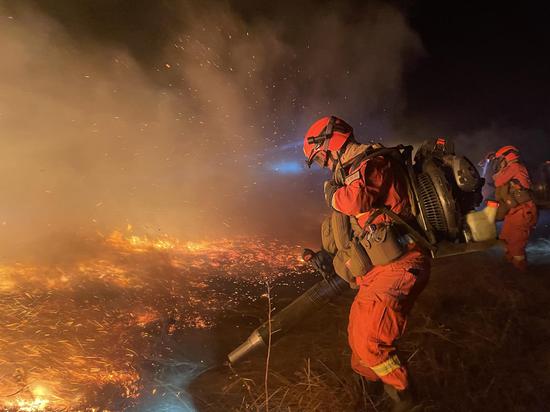
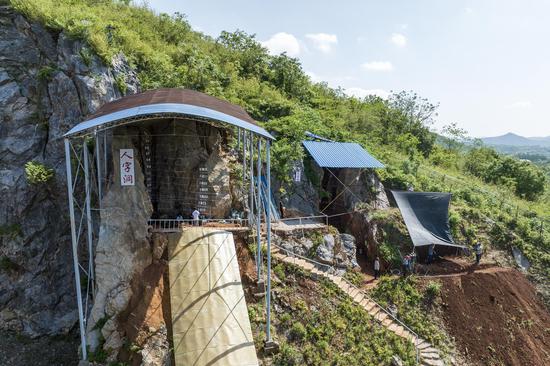


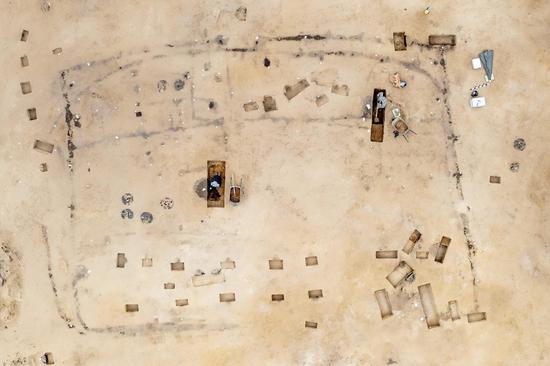




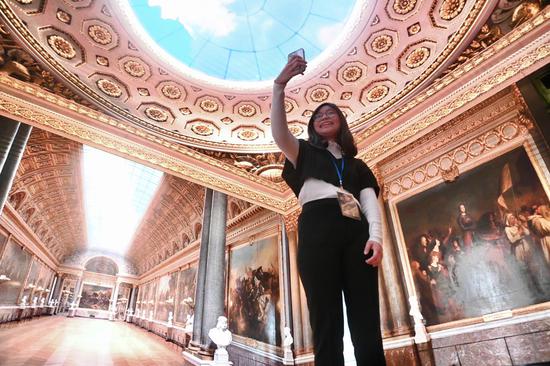






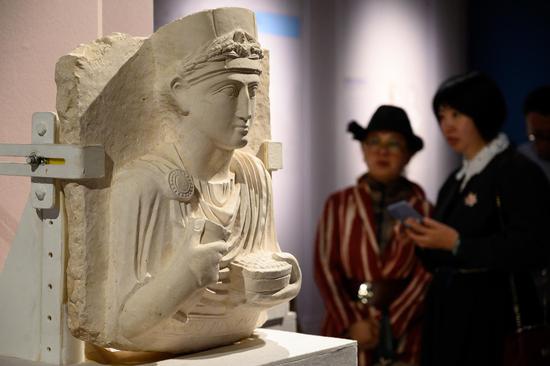



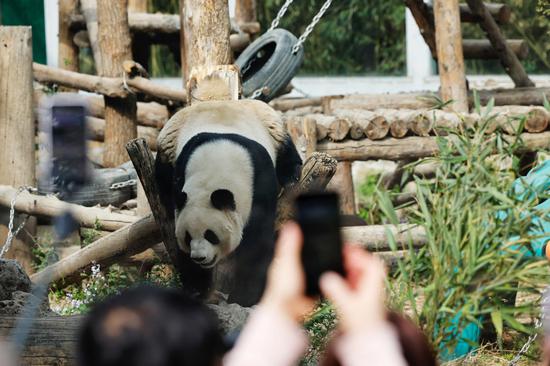
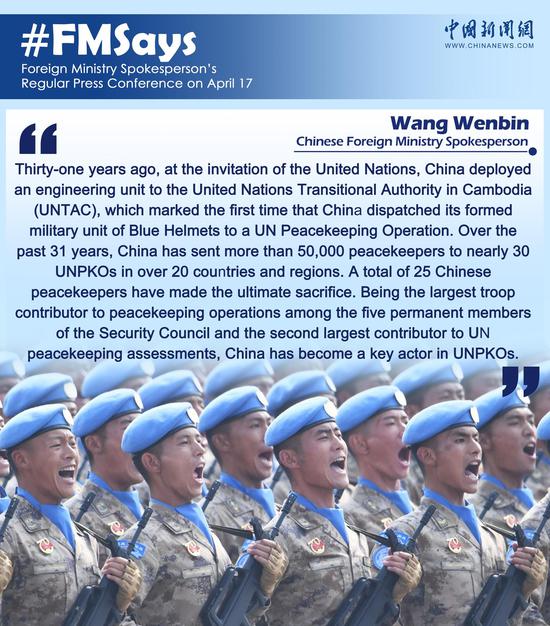




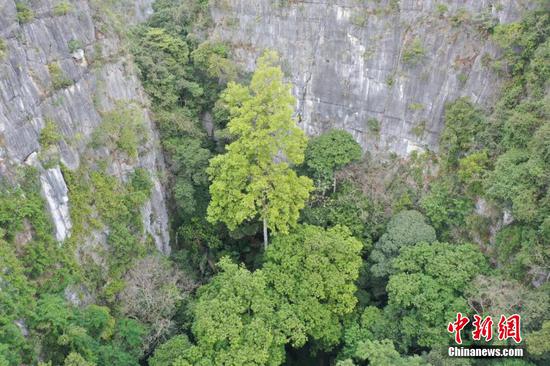






 京公網安備 11010202009201號
京公網安備 11010202009201號